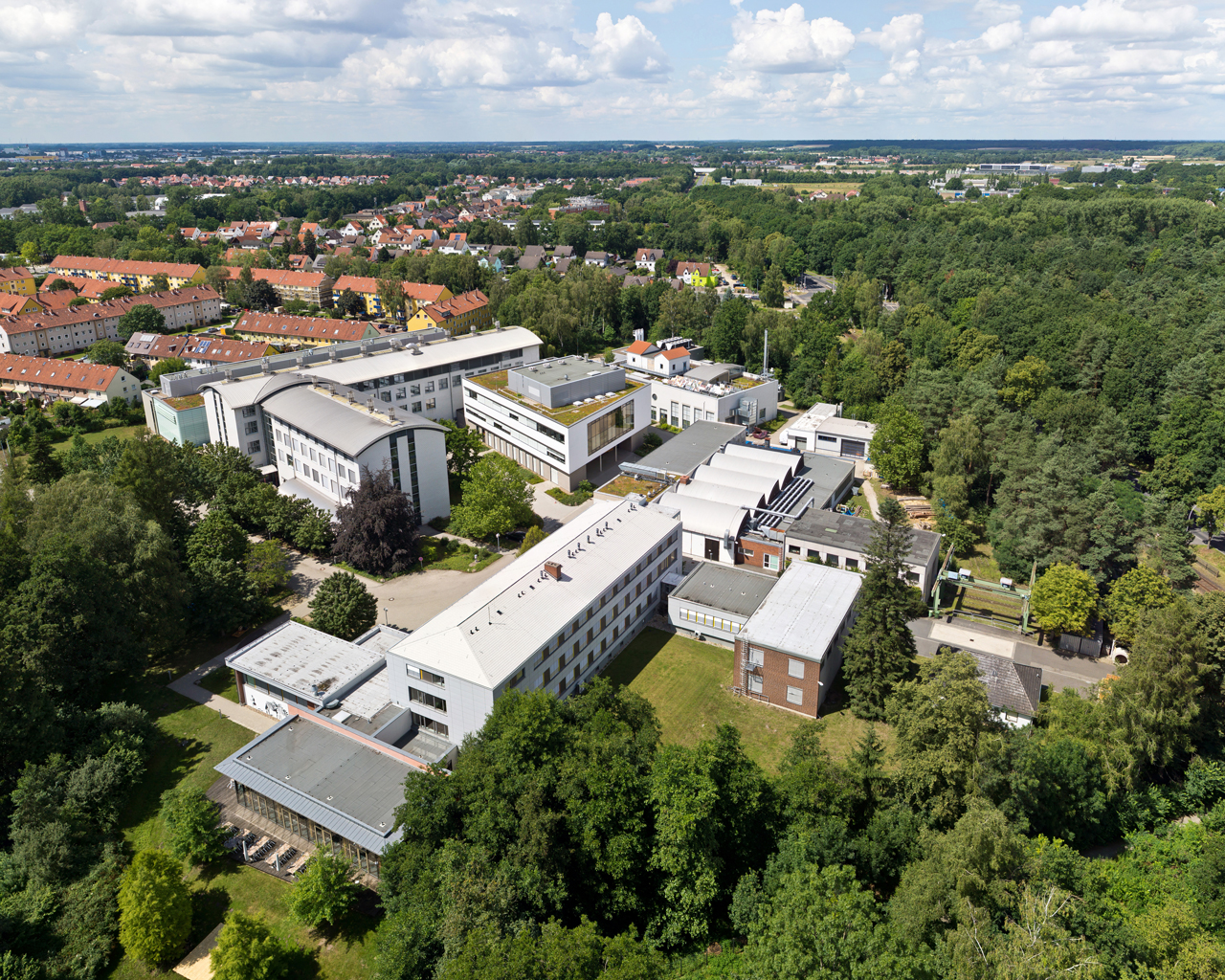Applicants are encouraged to review the our website for information about the facilities available at the institute and are expected to conduct independent research while at the Fraunhofer WKI.
Interested candidates are encouraged to submit the following documents:
- Current resume with the list of publications and research accomplishments
- Short, max. one page pre-proposal describing the research to be conducted at WKI and expected results
- Requested duration of the stay (min 6 months)
Selected candidates will be asked to submit full proposal and three letters of recommendation. The proposals can be in any area of the applicant’s interest (not necessarily areas currently covered by the institute) and must contain link to potential applications or research implementation. Research proposals in the areas of but not limited to wood composite materials, natural materials based high strength cellulose or carbon fibers, novel materials and technologies are of a particular interest.
Applications should be sent to Prof. Dr. Ing. Bohumil Kasal (Director of the Fraunhofer WKI).

 Fraunhofer-Institut für Holzforschung
Fraunhofer-Institut für Holzforschung 